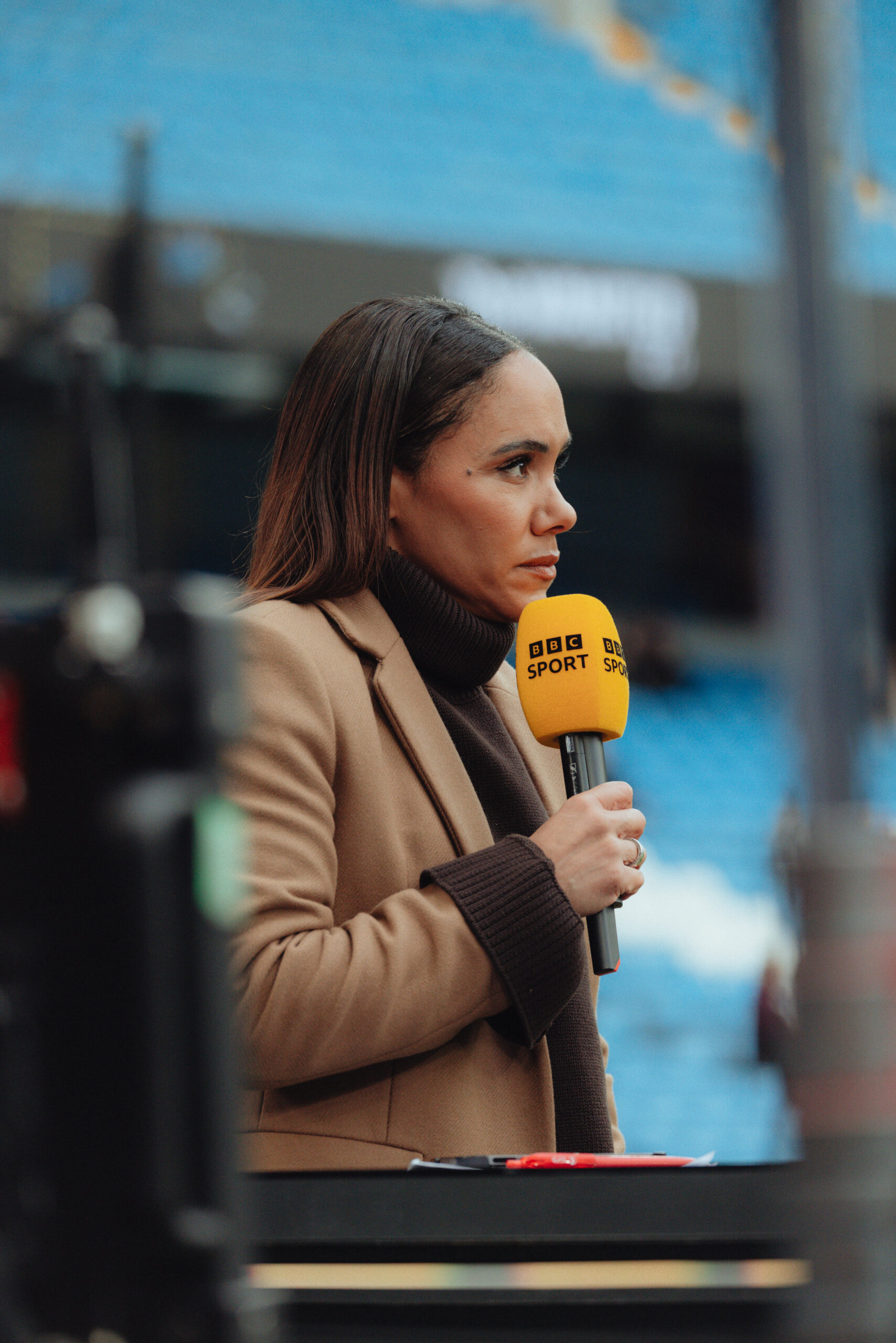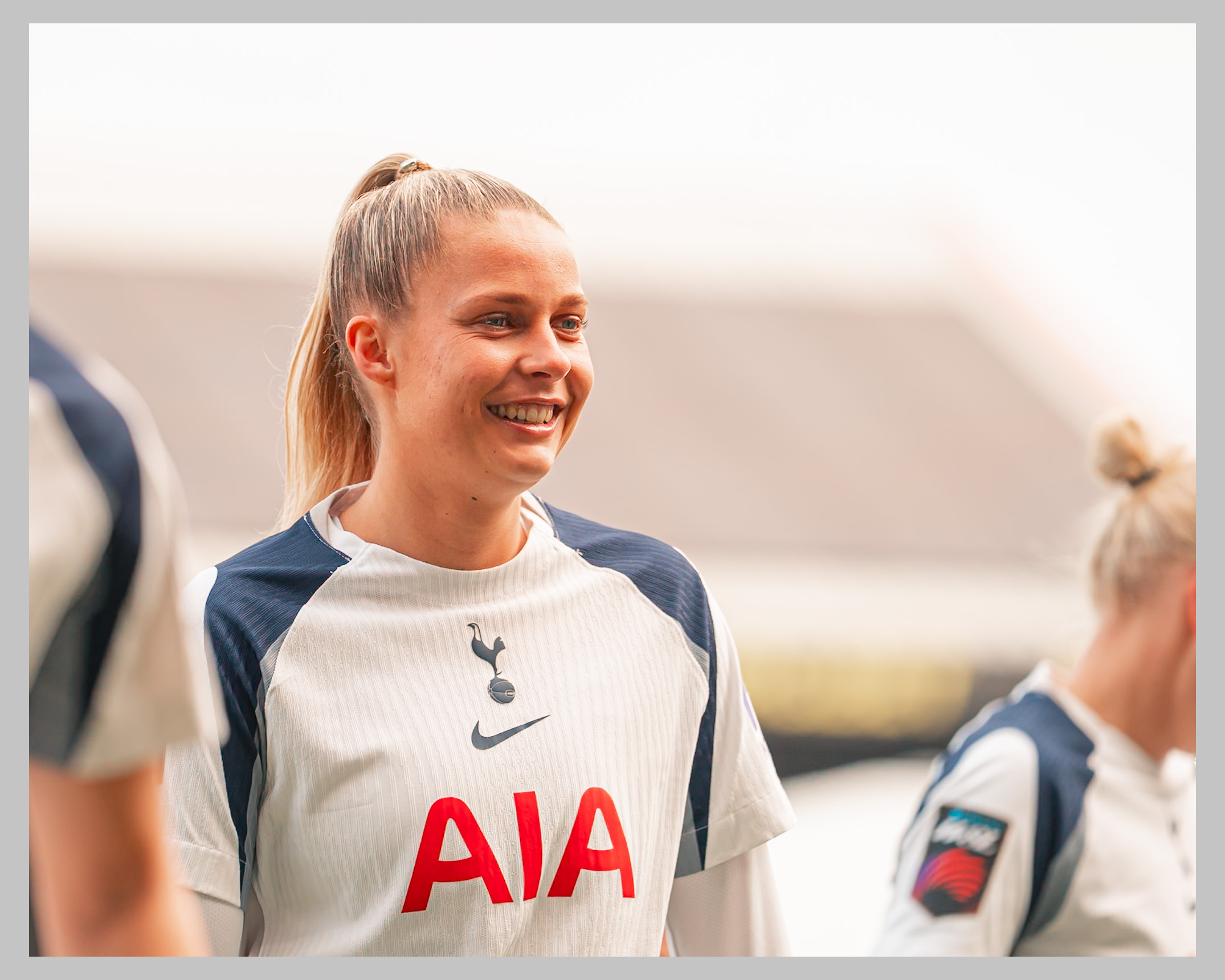The Matildas’ performance in the 2023 FIFA Women’s World Cup was nothing short of spectacular. As they advanced through the tournament they not only showcased their skill and determination on the field, but also captured the hearts of a nation. The fanbase that swelled during the World Cup has remained strong, thanks to various efforts by the team and the broader football community.
Hosting the World Cup made watching women’s football highly accessible to all Australians, with over 18 million people tuning in throughout the duration of the tournament. The love for this team was not just within football fans, or even sports fans, but held the attention of the whole nation, whether they had an interest in football or not. People who had never considered themselves fans of any person or team before became hooked. Key matches, such as their dramatic quarter-final win against France, kept viewers on the edge of their seats. The team’s resilience and tactical prowess were on full display, culminating in a (somewhat disappointing) fourth-place finish. Standout players like Sam Kerr and Caitlin Foord became household names, inspiring countless young athletes. Tony Gustavsson’s 23-player squad quickly became beloved by the whole nation and have continued to be, demonstrated by 14 consecutive home sellouts, with no indication of the team’s popularity lessening. How can this unprecedented groundswell of national support to a team, let alone a female team, be explained?
The surge in the Matildas’ popularity can be attributed to several factors. Extensive media coverage played a crucial role, with games broadcast nationwide and frequent analysis provided by sports networks. Social media platforms were abuzz with highlights, player interactions, and behind-the-scenes content, fostering a sense of community among fans – especially young people, many of whom had never supported any kind of team before.
With over 11 million viewers tuning in to Australia’s semi-final defeat to England, it became the most watched television program in Australian history. The Australian public’s overwhelming support, exemplified by packed stadiums and viewing parties, demonstrated a collective pride in the team’s achievements.
Maintaining the momentum gained during the World Cup has been a priority. The Matildas have remained in the media spotlight, with regular coverage of their matches and features on players. Engagement strategies such as social media campaigns, television appearances, and community outreach have kept fans connected. New sponsorship deals and partnerships with brands outside of football such as ‘tbh skincare’, ‘LEGO’, and ‘Kollab’ have also helped sustain interest. Importantly, the team’s continued strong performance in international fixtures has ensured that fans remain invested.
The Matildas’ success has also led many Australians to follow club football both domestically and internationally. Notably, Arsenal Women have gained a significant Australian fanbase with their own, Kyra Cooney-Cross, Steph Catley, and Caitlin Foord playing for the English club in the Barclay’s Women’s Super League. This newfound support was highlighted when Arsenal Women did a post-season tour to Melbourne, attracting over 40,000 spectators to the match. This increased interest in club football showcases the broader impact of the Matildas’ achievements within the sport of football.
The success of the Matildas has had a ripple effect on women’s football in Australia at all levels. There has been a significant increase in participation at the grassroots level, with more girls and women taking up the sport. The visibility of the Matildas has spurred investment in women’s sports, leading to better facilities, coaching, and development programs. Just this week, Prime Minister Anthony Albanese announced a forty-million dollar upgrade to Leichhardt Oval, the home of Sydney FC Women among other teams. The upgrade will include the addition of 4,000 additional seats in a new grandstand, however, a major component of this upgrade is the addition of female-friendly change rooms and facilities – a focus that has been historically absent. This wave of enthusiasm has impacted attendance at all women’s sports in Australia, this phenomenon coined ‘the Matildas effect.’
An example of this broader impact is Cortnee Vine’s post-World Cup decision to continue playing in the Liberty A-League with Sydney FC, despite having reportedly received multiple offers to join clubs overseas. This decision has brought increased attention to the domestic league as Vine’s winning penalty in the World Cup quarter-final against France made her a household name. Sydney FC has smashed A-League Women attendance records this season, highlighting the growing popularity and support for women’s football at the club level domestically. Fans were keen to see familiar faces like Vine on the pitch. This increased popularity in the domestic league will only grow football as a sport in Australia, and more girls will grow up with the dream of becoming a Matilda.
The Matildas’ journey provides a valuable blueprint for other national teams aiming to grow their sport and viewership. Their success has followed a similar trajectory to the English national side, the Lionesses, after they hosted and won the UEFA Women’s Euro in 2022. Key elements of success include strategic media engagement, leveraging social media to build a dedicated fanbase, and fostering a strong connection with the community. Additionally, investing in grassroots programs and ensuring consistent performance on the international stage are crucial. Other national teams can learn from the Matildas’ holistic approach, which integrates on-field excellence with off-field fan engagement and community support, to elevate the women’s game globally.
The Matildas had their sights set on the Paris 2024 Olympics. After finishing fourth in the two previous major tournaments, the 2023 FIFA Women’s World Cup and the 2021 Tokyo Olympics, the team is determined to secure a medal. The Matildas have been drawn into a challenging group, alongside World Number four, Germany and World Number five, USA, as well as Zambia. Tony Gustavsson has announced his 18-player squad for the games, notably without top goal scorer and captain, Sam Kerr, who ruptured her Anterior Cruciate Ligament in January.
As their final appearances in green and gold before the Olympic Games, the squad participated in a two-match sendoff series against the People’s Republic of China in Adelaide and Sydney. The matches drew a total crowd of over 125,000, with their 2-0 win in Sydney breaking the Matildas all-time attendance record.
The Matildas’ journey from the 2023 FIFA Women’s World Cup to the present day is a testament to their skill, perseverance, and the unwavering support of their fans. Their success has left an indelible mark on Australian sports, fostering a legacy that will influence women’s football for years to come. As the team looks to the future, the excitement and optimism surrounding the Matildas continue to grow, promising a bright future for women’s football in Australia.
Photo – https://www.instagram.com/theviewontheotherside/



